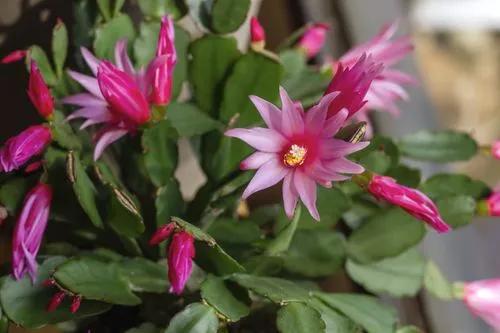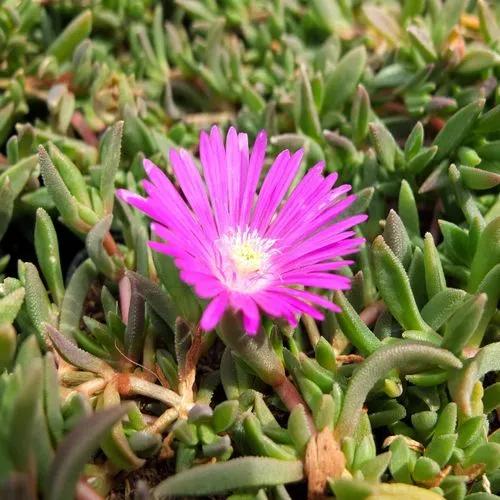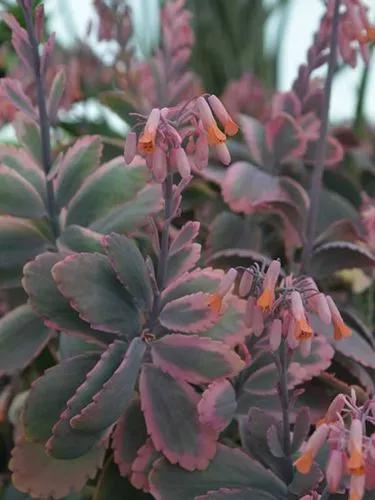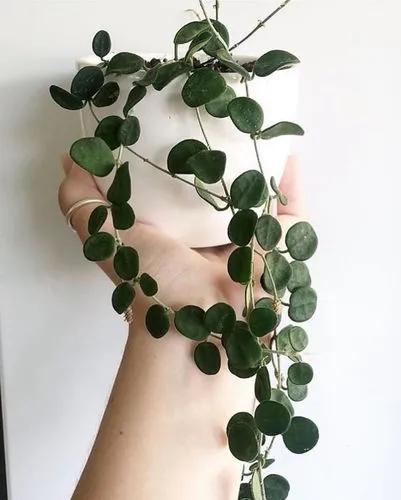Crassula Rogersii is best known to be a beautiful looking succulents. As the plant matures you can expect it to reach up to 30 cm (12″) tall. The plants main feature are the green to bright green fleshy leaves. When the plant matures you can expect yellow star-shaped flowers.
Crassula Rogersii Care
Crassula Rogersii



How to Care for the Plant

Water

Crassulas are easy to grow, but they are susceptible to mealy bugs and fungal diseases. As with all succulents, overwatering is sure to be fatal, so err on the side of too dry rather than too wet. Never let your plant sit in water. If you water from beneath by letting the plant sit in a saucer of water, make sure to pour off any excess water after a few minutes.

Fertilizer

Feed every two to three weeks during spring and summer using a diluted solution of water-soluble fertilizer or a product formulated specifically for cactus and succulents.

Sunlight

Most Crassula plants need some shade in the hottest part of summer but require bright light to attain their most vibrant color. When grown outdoors, a site with morning sun and afternoon shade is perfect (if placed in full sun all day, the leaves may scald). When grown indoors, place your plants in a spot that receives bright indirect light all day, or direct sun for six hours of the day. A southern-facing window is ideal.

Soil

Crassula plants need soil that is very well-draining and will do best in sandy, rocky blends formulated especially for succulents. They prefer neutral to slightly acidic soil, but even extreme pH levels rarely kill the plant. Crassula plants will react badly to boggy, wet soils, as their roots can easily rot.

Temperature

Crassula can be sensitive to temperature. Too hot, and they will go dormant and drop their lower leaves—too cold, and they will fail to grow or thrive. Other than that, they tend to tolerate neglect just fine. With all species, you can aggressively cut the plants back whenever they get straggly or leggy.

Container

Indoors, potted plants require a container with at least one bottom drainage hole and watering when the soil has almost completely dried.

Additional

It's generally a good assumption that nearly all Crassula plants are toxic to pets like cats and dogs. All parts of the plants are toxic and can lead to serious illness or death if enough is ingested.

Popularity

102 people already have this plant 21 people have added this plant to their wishlists
Discover more plants with the list below
Popular articles






